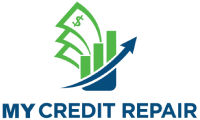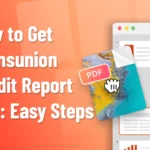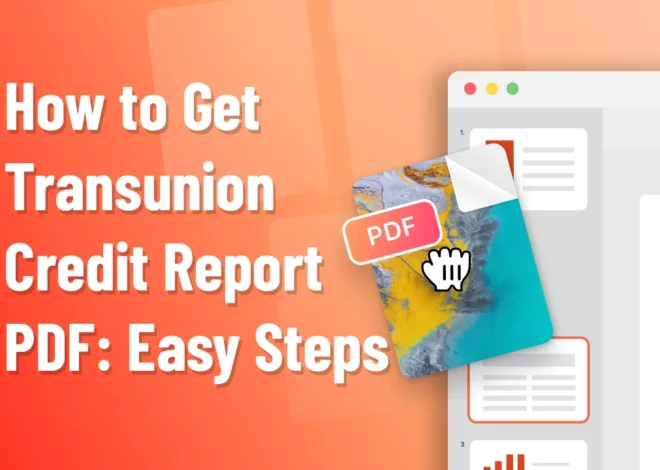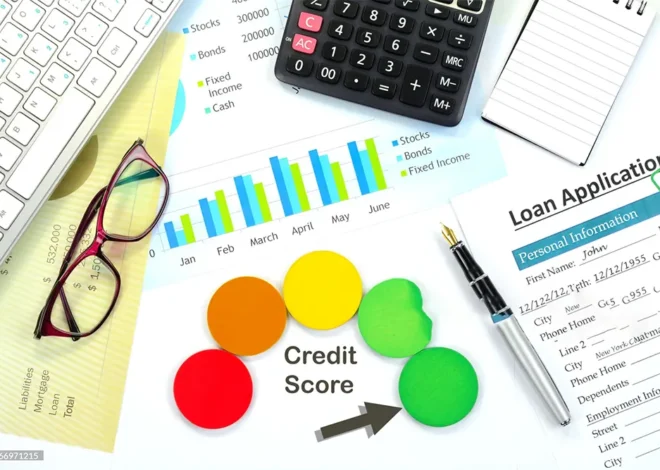
Home Loans for Manufactured Homes with Bad Credit: How to Secure Financing
Owning a manufactured home offers affordability and flexibility, making it an appealing option for many. However, securing home loans for manufactured homes with bad credit can be challenging. If you have a low credit score, you may wonder whether financing your dream home is even possible. The good news is that there are still ways to obtain home loans for manufactured homes with bad credit, though the process might be more difficult and require more research. In this guide, we’ll walk you through the steps, options, and best practices to improve your chances of getting approved.
What Is a Manufactured Home?
It is important to understand what constitutes a manufactured home before looking into finance options. Unlike traditional housing which is built on the spot, in a factory and shipped to its permanent site, manufactured homes are made final only after they’ve been transported across town or even country. While some people call them — and treat them as being identical to– mobile homes instead of modular houses whose financing is not so different from that of other stick-built properties, the terms “mobile” and then “modular” now have generally become standardized over time
Manufactured homes’ unusual nature means they can be a great affordable housing solution, but often require unique types of home loan as well. This gets more complicated when your credit’s less than perfect, however many different options are still open to you.

How Bad Credit Affects Your Ability to Get a Loan
Your credit score could be one of the factors standing between you and approval for a mortgage. A FICO score under 580 is generally regarded as bad. As lenders view you with higher risk than others the lower your credit score is, so too will their terms reflect your status. You might have to pay more in interest rates, make larger down payments, or even be turned down completely for credit when your credit score readings are low.
Lenders often use credit scores as indicators of how well you may have repaid loans in the past. However, even if your credit is bad, there may be options available to finance a manufactured home. Let’s take a closer look at those possibilities.
Home Loans for Manufactured Homes with Bad Credit: What Are Your Options?
Certainly, a bad credit rating can reduce your number of loan choices but certain lenders and government-backed programs cater specifically to lower credit scores. We’ll take a look at some of these later.
1. FHA Loans
In order to finance a manufactured home, Federal Housing Administration (FHA) loans are among one of the most popular methods. Even as the FHA backs loans for manufactured homes, it gives a chance to people with less than perfect credit.
FHA loans offer lower down payments and more flexible qualification standards; for example, if you have a credit score between 500 and 579, you can still qualify for an FHA loan as long as you make a downpayment of 10 percent. With a credit score of at least 580, you could qualify with are just 3.5% down payment out. This flexibility makes FHA loans a great option for those who have a weak credit history.
However, the manufactured home you are buying must meet certain standards set by the FHA. For example, it must have been constructed after June 15, 1976 and be on a permanent foundation.
2. Chattel Loans
Chattel loans, such as a chattel mortgage, are personal property mortgage loans often used to finance manufactured homes–especially if the home isn’t going to be permanently placed on land. If you’re going to lease the land or park your mobile home in a mobile home park, a chattel loan might be just what you need. Chattel loans are often easier for borrowers to qualify for than traditional mortgages, but they usually have higher interest rates and come with shorter-term amortizations.
Although the loan term is shorter than an amortizing mortgage, this could mean higher monthly payments. However, if terms are reasonable and costs are right for your circumstances, taking out a chattel mortgage might be in your best interests nevertheless.
3. VA Loans
If you were once in the military, or currently serving,riavery manufacturing homes.
Advantages of these loans include zero down payment requirements, and lower interest rates. More than that, they are guaranteed by the Department of Veterans Affairs itself. Thomas, for instance, got a VA- backed loan from his paycheck advance and two years later used it to buy his first home ever without having put a penny down.
But VA loans for manufactured houses are not as well-known or widely available as they are for site-built homes, and hardly any lenders offer them. Similarly, the manufacture house must meet the VA’s standards — e.g., it must be permanently attached to a foundation.
4. Personal Loans
If you’re looking to buy an establish or manufactured home and other financing options are not open to you, a personal loan in some cases can help. In comparison to mortgages or chattel loans, personal loans typically have higher interest rates and shorter repayment terms, rendering them less attractive. With them you can however get instant access to money, and some lenders might even lend money to people with poor credit ratings.
5. Buy Here, Pay Here Financing
Some manufactured home dealers give this type of financing to buyers, called “buy here, pay here” financing. Since the dealer is usually quite happy to make money anyway he can, this sort of loan is much easier to get if you’ve got a bad credit history. At the same time, however, the loans come with less favorable terms-higher rates of interest and fewer waggle room.
Steps to Improve Your Chances of Securing a Home Loan for a Manufactured Home with Bad Credit
While bad credit can complicate the loan process, there are several strategies you can use to improve your chances of getting approved.
1. Save for a Larger Down Payment
A larger down payment at the time of borrowing is one of the best ways to move past bad credit Lenders who see that you are willing to invest a large chunk of your own cash in the purchase may be more inclined to approve your loan Adding a larger down payment reduces the lender’s risk, and in certain situations it could mean you end up with a better rate on your mortgage.
2. Improve Your Credit Score
Even though it takes time to enhance your credit score, a small increase can still greatly affect the terms of your loan. You can restore it by paying off the debt in monthly installments, always paying on time and rectifying any errors on your credit report. The second method you may want to think about is hiring a credit repair company to help increase score before applying for either more loans or perhaps just implementing its own credit management program.
3. Find a Co-Signer
If your credit history isn’t all that great, a loan with a co-signer who has better credit might just get through (Maurino). The co-signer agrees to share the risk by undertaking obligation for repayment if you default on payments; as such, this reduces risk on the part of the lender for each loan granted because an arrangement has been made. Yet becoming a co-signer can be risky for your own credit rating. If the main borrower misses even one payment, both of these obligations are then recorded on your credit reports.
4. Shop Around for Lenders
Don’t settle for the first loan offer you receive. Different lenders have different lending criteria, and some may be more willing to work with borrowers who have bad credit. By shopping around and comparing offers, you can find a loan that best meets your needs.
5. Consider Rent-to-Own or Lease Options
If you have trouble securing financing currently, maybe rent-to-own or lease options can help choose some manufactured home communities and sellers combined together offering these schemes, you are allowed to pay installments towards purchasing your home while living in it do this may be a solution that is suitable for both sides Credit That Eventually Improves may be necessary to enable recognition of certain good work in terms of loans and mortgages
Common Pitfalls to Avoid
When seeking home loans for manufactured homes with bad credit, there are a few potential pitfalls to watch out for.
1. High-Interest Rates and Fees
Some lenders may charge exorbitantly high interest rates or fees to offset the risk of lending to borrowers with bad credit. Be cautious of predatory lending practices, and carefully review all loan terms before signing any agreements.
2. Inadequate Loan Terms
Short loan terms might mean lower overall interest costs, but they can result in significantly higher monthly payments. Make sure the terms of your loan are affordable and sustainable for your financial situation.
3. Unrealistic Expectations
It’s important to be realistic about what kind of loan you can obtain with bad credit. You may not qualify for the most favorable terms, and it’s essential to balance your desire for homeownership with financial responsibility.
Conclusion:
Getting home loans for manufactured homes with bad credit may be harder, but it is certainly not impossible. You can get closer to success by investigating alternatives such as FHA, VA and chattel loans, while also working on making your financial profile stronger.
Shop around for lenders, think about a larger down payment, and watch out for the hidden pitfalls, like high interest rates and terms that are unfriendly. If you are willing to try hard enough and lay the groundwork financially, owning a manufactured house is still possible in the face of poor credit ratings.











